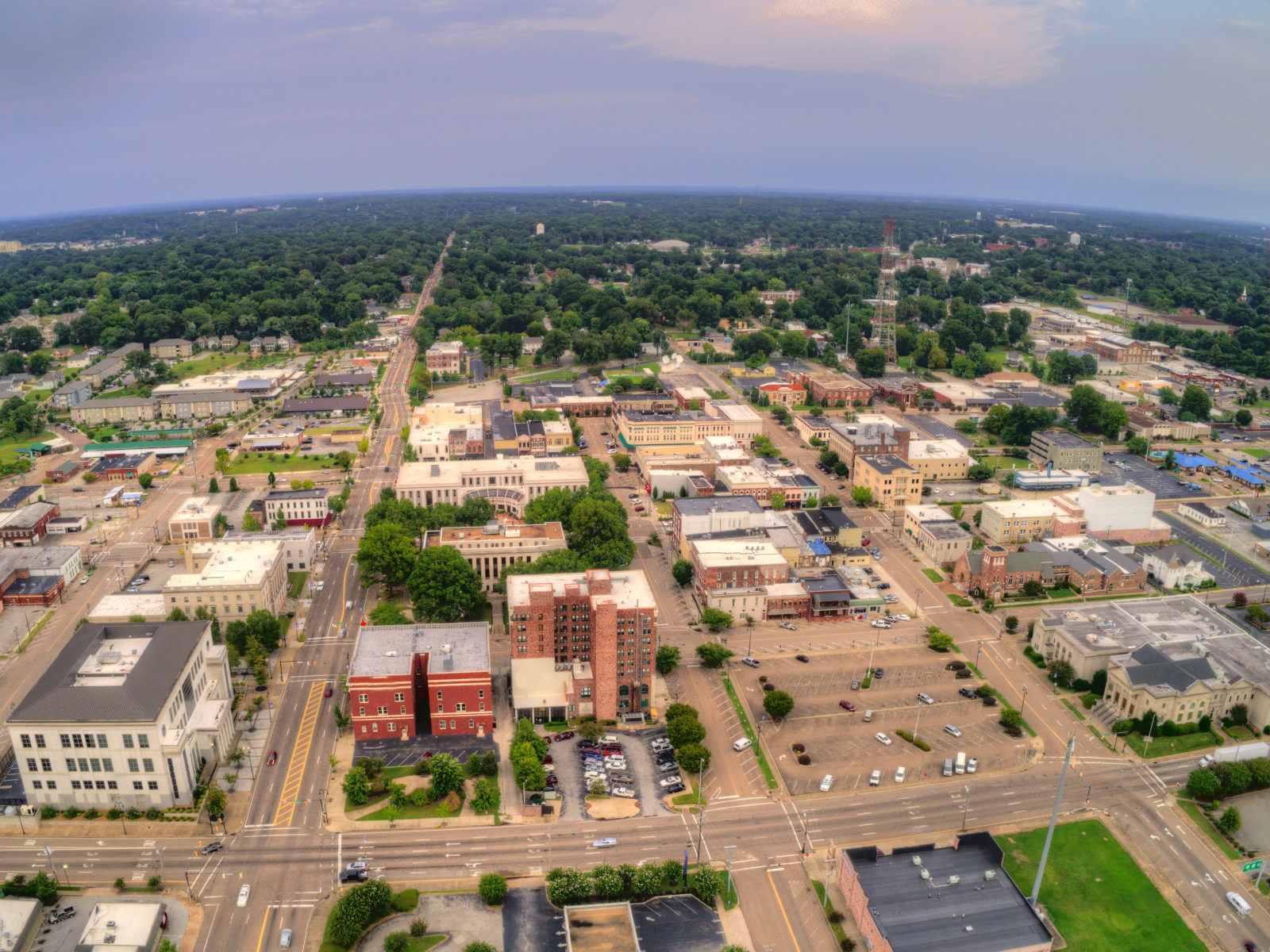As Stephanie Woodley, 42, sat last month in the dayroom of Area Relief Ministries (ARM) in Jackson, Tenn., she said the stabbing of her ex-husband was no big deal. “The gash is only this big,” she said as she extended her right thumb and index finger to demonstrate a one-incher.
Woodley said her ex-husband tried to push their daughter, Maddie, down the stairs, so Maddie stabbed him. Maddie moved in with her aunt in Memphis, and Woodley was sleeping on the streets in Jackson, 88 miles away. Woodley’s dark almond eyes teared up: “I miss my daughter.”
Woodley showed the homescreen on her phone: a picture of Maddie standing next to a pink agapanthus flower. She said Maddie has offered to steal her dad’s car to drive to Jackson and see her. Last month, though, they just talked daily by phone. That’s a lot more family contact than hundreds of thousands of homeless Americans have. Many have suffered a catastrophic loss of relationship.
For example, during our visit to ARM last month Justin Dorris, 39, sat in the dayroom, alone. The television showed “The Price is Right” as Dorris folded his arms and leaned back in a wooden chair. He sported round glasses, a long, skinny beard, and a black T-shirt emblazoned with a mortar and pestle filled with marijuana leaves. It read “Mother Made Medicine”—the name of the Lexington, Ky., CBD store he said he co-owned.
“Do you believe in magic?” Dorris leaned forward to ask. He left Kentucky when people started doing “spell work” on him. He fell out with a business partner he dubbed a “psychic vampire.” Dorris returned to Jackson, his hometown, intending to live on the streets and—like Jesus, he said—fast for 40 days. The fast lasted only two-and-a-half days, but Dorris stayed homeless and kept his lifestyle a secret from family—except for his 10-year-old son, who was living in Jackson with his mother.
Soon after returning to Jackson, Dorris told his son about living on the streets and sleeping in a church parking lot every night. He praised it as “an experience, a way to humble yourself.” But his son “freaked out,” and Dorris acknowledged that waking up to the sky “freaks you out sometimes.”
Homelessness is tough. Last month at the Dream Center of Jackson, a Christian shelter for women and their children, 33-week-pregnant Desiree Atkins was trying to develop some certainly in her life. The 27-year-old pulled up a picture on her phone of her dignified grandmother, who raised Atkins and her twin sister from the age of eight. The death of “Granny” in 2020 was the worst in a series of ruptures: Atkins said the father of her first child kicked her out, her twin sister lives in the home of a pastor in Virginia and works two jobs, and her younger brothers are “troubled.”
Desiree Atkins grew up in Jackson and returned home after college in Memphis and work in Nashville, but she said her mom refused to house her. Atkins in August was living at the Dream Center to “do what’s right for Desiree,” but she did retain one family contact by attending her aunt’s Bible study. She dreams of owning her own home.
Atkins was more talkative than Darius McKinley, who moved to Jackson for “more opportunities.” Then he ended up on the streets after he and his roommate were evicted. He sat on the couch in front of ARM’s TV, leaning forward as if on edge. He said he needed a job and housing but claimed not to know about ARM’s Fresh Start initiative, which employs homeless people to mow lawns.
McKinley wouldn’t give any details about his family, but Tracey King, 50, was forthright: Her parents divorced when she was 5 years old. She said a sports injury in high school led to prescription pain medicine use, then addiction by age 24, followed by smoking marijuana and drinking. Still, she held down a job as a medical assistant in a Nashville emergency room for 14 years. Her frail smile revealed two missing teeth, and others brown and damaged, as she told an extraordinary story of relationships: She said she may soon be getting married to her second ex-husband for the third time.
More about Ms. King next week.
The first five co-authors were students at a Reforming Journalism Project 5-day intensive course taught by Marvin and Susan Olasky last month at Union University.

